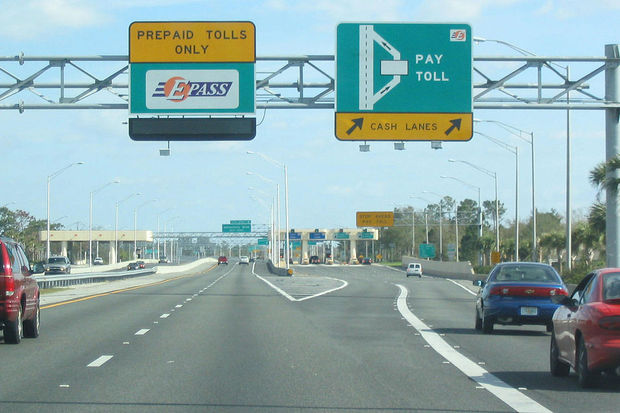
‘Zero ratings’ let users stream some sites without incurring bandwidth charges, but not others. So what happened to Net neutrality?
Music and video streaming services take a lot of bandwidth, and now that most people have cellular plans that charge by the amount of data they use, streaming becomes a lot less attractive. Even at home, a sizable percentage of U.S. broadband customers have data caps that work against streaming media displacing standard TV and radio.
Thus, the carriers and Internet service providers have come up with a new notion called zero rating, best known in the form of T-Mobile’s BingeOn and Music Freedom programs.
At first, it sounds great: Streaming services don’t count against your bandwidth usage, so you can use them freely. But there’s real potential that zero rating could be misused to put invisible toll lanes in the Internet, becoming an end run around the Net neutrality rules the FCC imposed last year to assure open Internet access.
The FCC has declined to come up with a policy on zero rating, giving the ISPs room to play games with users. Instead, the FCC is addressing concerns one case at a time, apparently because it doesn’t yet know enough to propose a common approach.
Some content providers and advocacy groups are pressuring the FCC to devise good rules and make the process as transparent as possible, fearing what the ISPs will devise on their own. There’s a good case to be made that zero-rating practices are bad news for consumers and content providers alike — and any rules devised to protect consumers shouldn’t be silently weakened.
What could be wrong with zero rating? In a nutshell, discrimination for or against certain services. For example, T-Mobile currently includes Hulu and Netflix in its BingeOn program, but not YouTube. Thus, YouTube video views count against your data allowance, but not Hulu or Netflix traffic.
Another form of zero rating is a twist on an old idea: toll-free phone numbers. In this case, the provider — not the user — pays the carrier for the transmission. Both AT&T and Verizon have such schemes in place. Smaller content providers fear they won’t be able to afford paying the transmission fees, so customers will gravitate to the providers that can.
The worst case in the minds of open-internet advocates is that the carriers will favor their own content and services over others’ — a direct contradiction of the principle of Net neutrality. Comcast had such a scheme called Xfinity on Demand that the FCC knocked down, but was later upheld by a federal court. Today, Verizon’s Go90 service, which serves a curated collection of video to Verizon customers, is conveniently exempt from bandwidth allotments. The latest Net neutrality rules may or may not permit such schemes. The FCC will decide on only — you guessed it — a case-by-case basis.
The bottom line to all these scenarios is that allowing the ISPs to give some sites what amounts to most-favored-streamer status is a subtle — and sometimes not-so-subtle — way to steer users’ choices. If users know some sites come with a bandwidth penalty and others don’t, they’ll favor the “free” ones. They’ll have no real idea that Net neutrality has been undermined, and their choices reduced as a result.
If there’s reason for hope, it’s that the tenor of the FCC of late seems a great deal more receptive to sticking up for consumers — for example, by advocating for broader choices in cable set-top boxes. But it’s also very likely that the FCC’s strategy is risky: waiting for the ISPs to make too many wrong moves before doing anything. History shows that such forbearance only emboldens the ISPs. Let’s hope the FCC doesn’t repeat that history.
Serdar Yegulalp is a senior writer at InfoWorld, focused on the InfoWorld Tech Watch news analysis blog and periodic reviews.
http://www.infoworld.com/article/3075721/net-neutrality/beware-zero-ratings-the-new-threat-to-net-neutrality.html